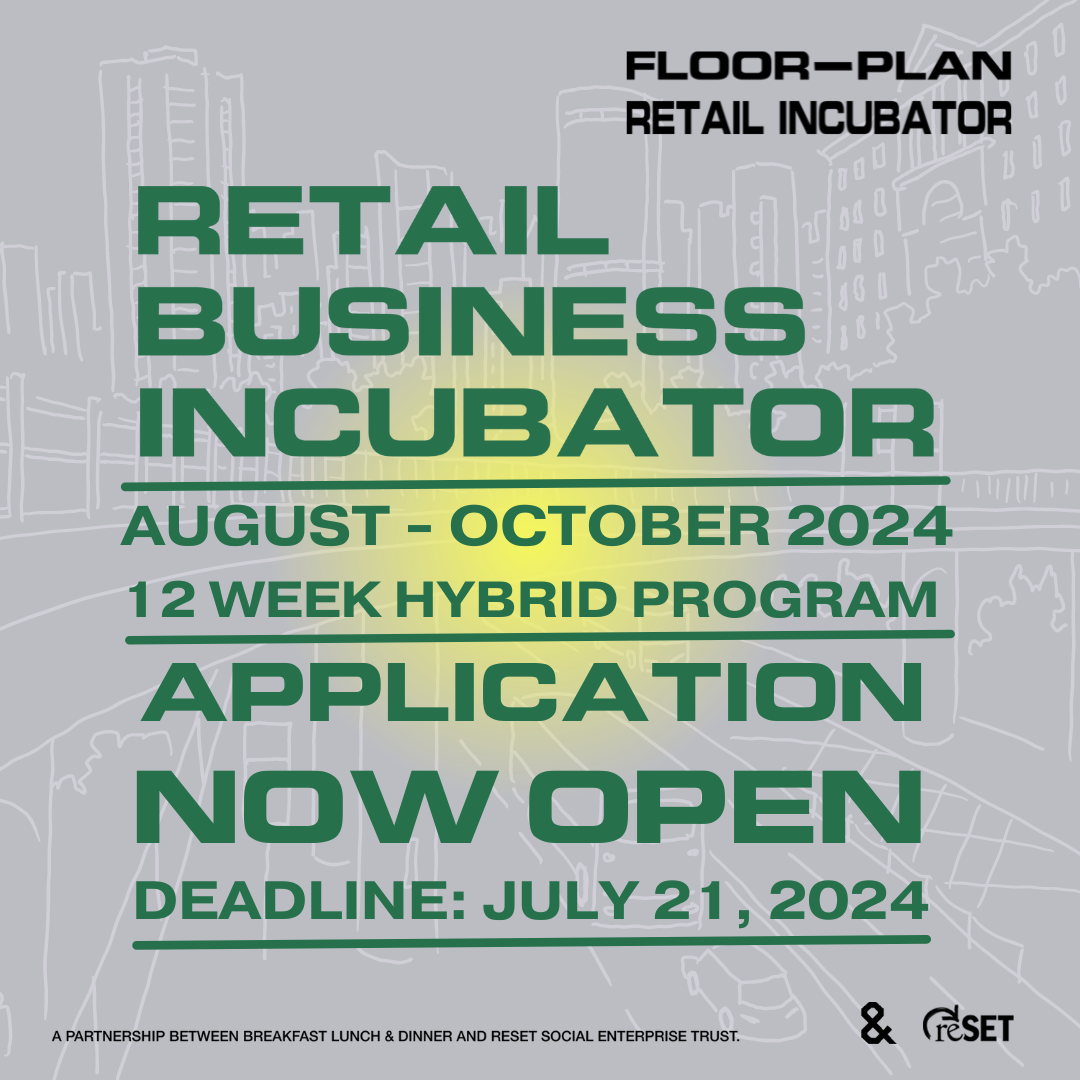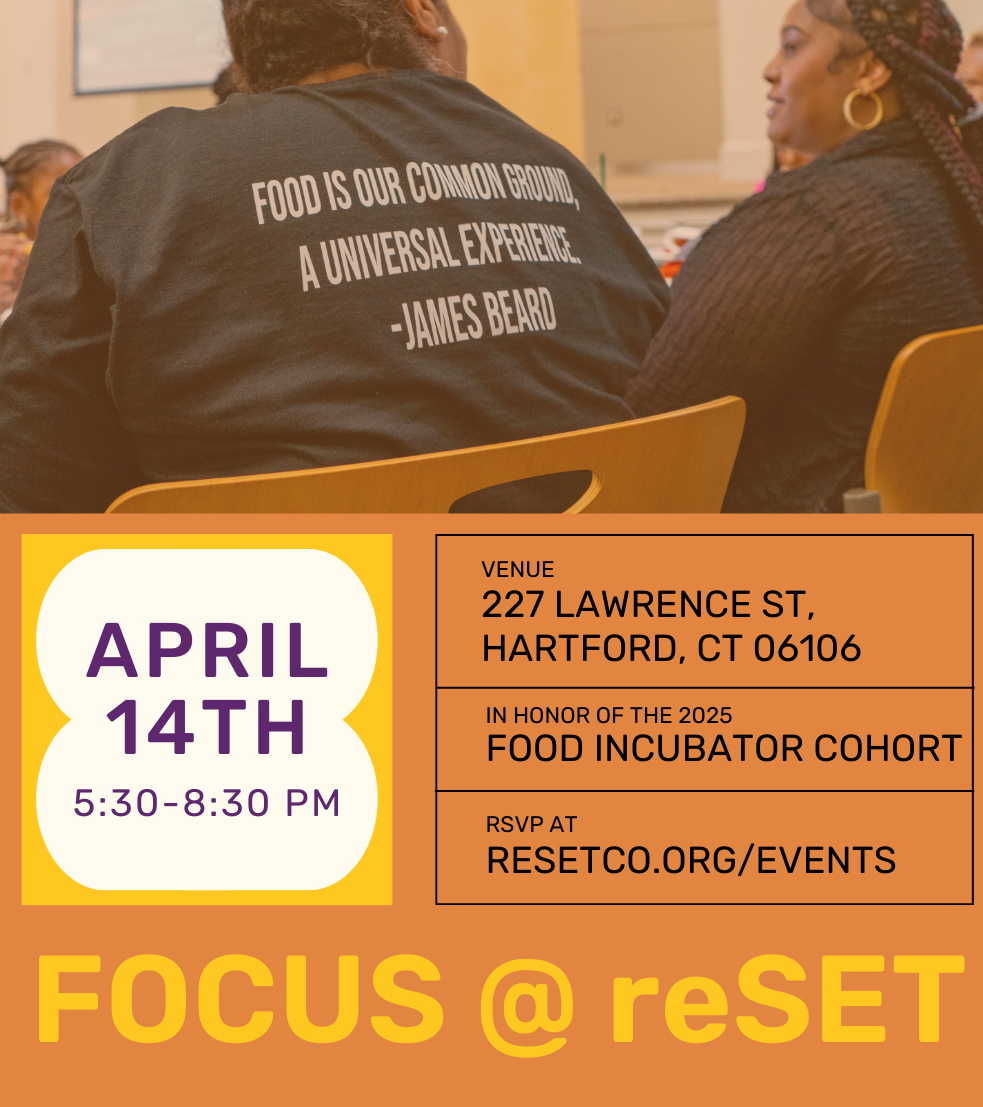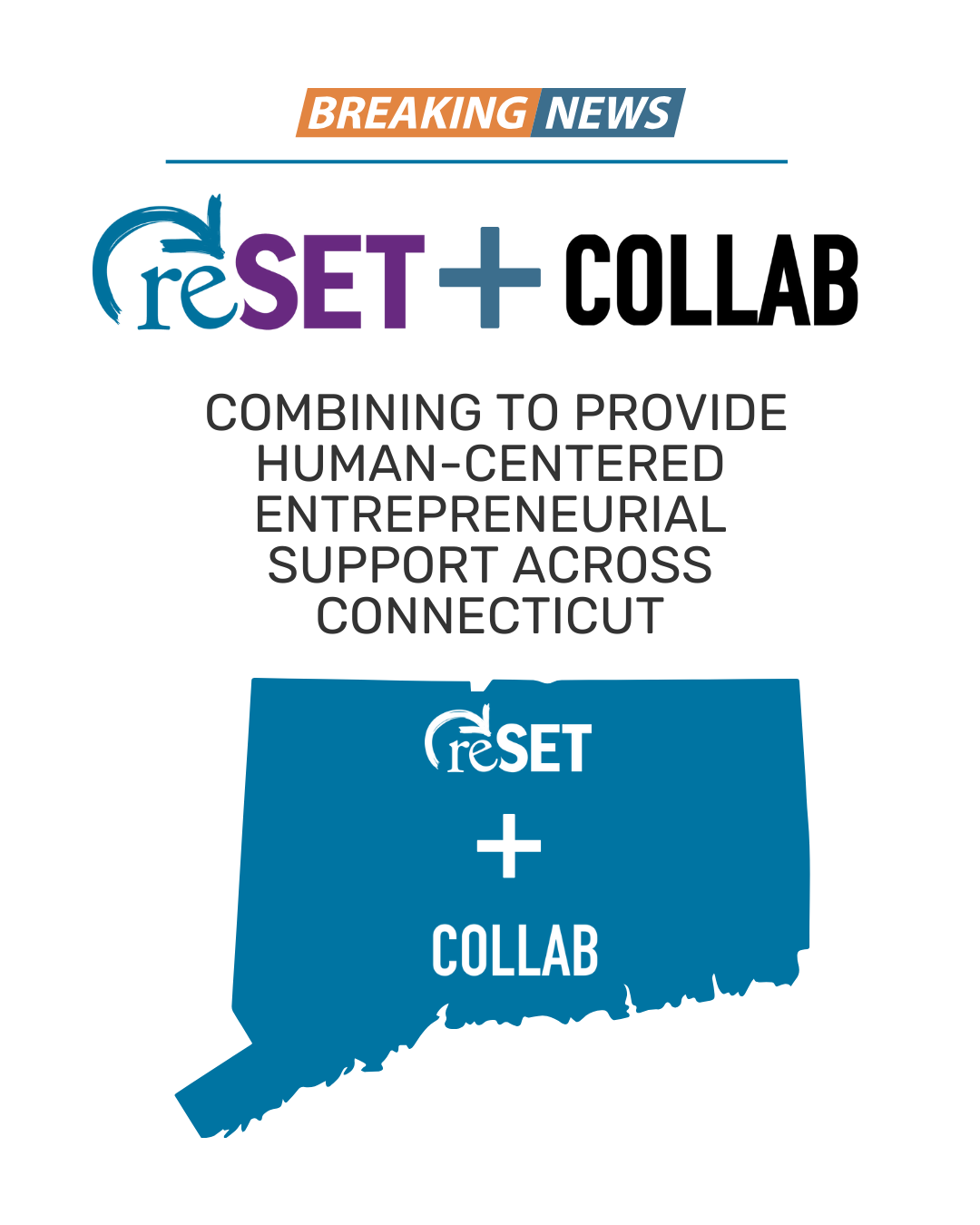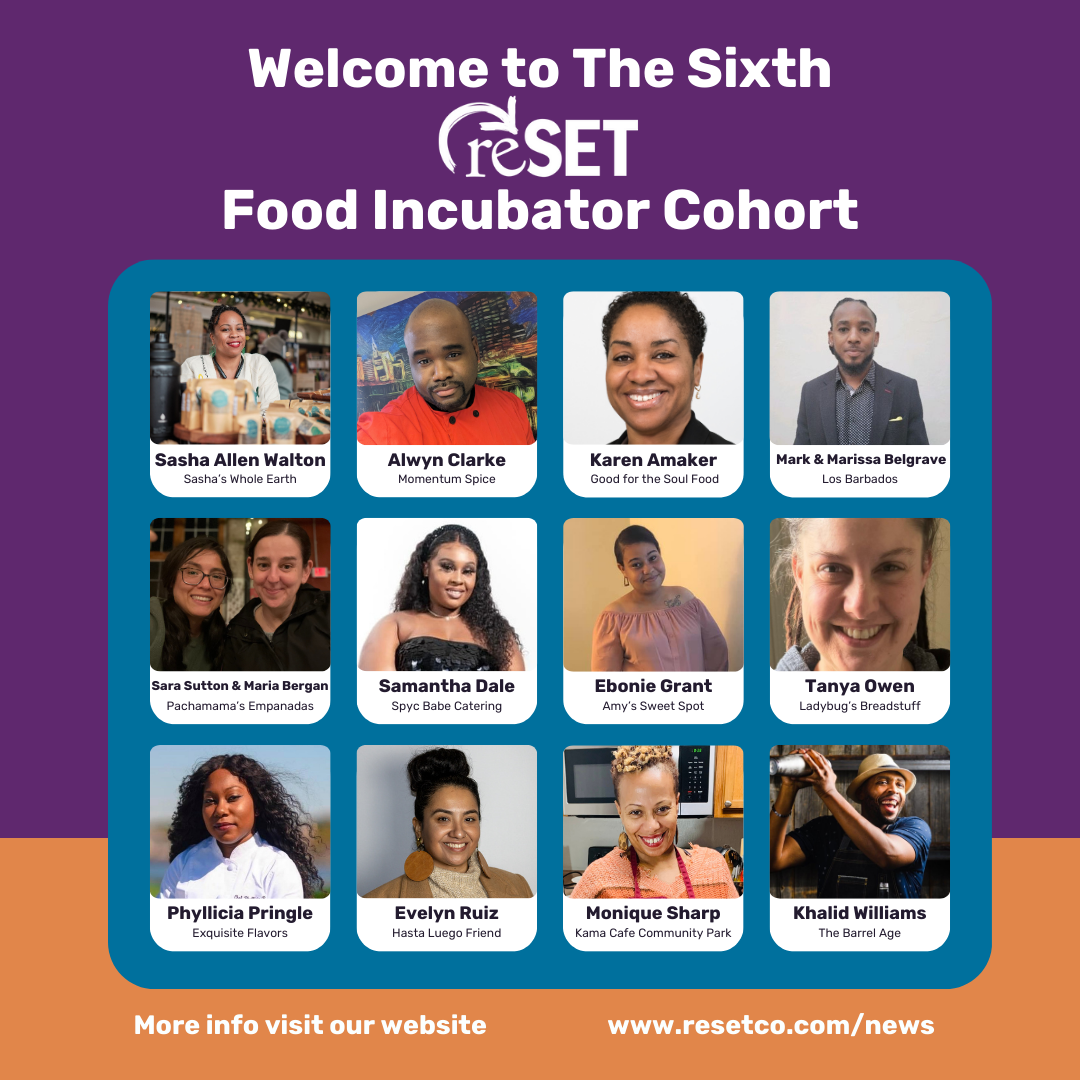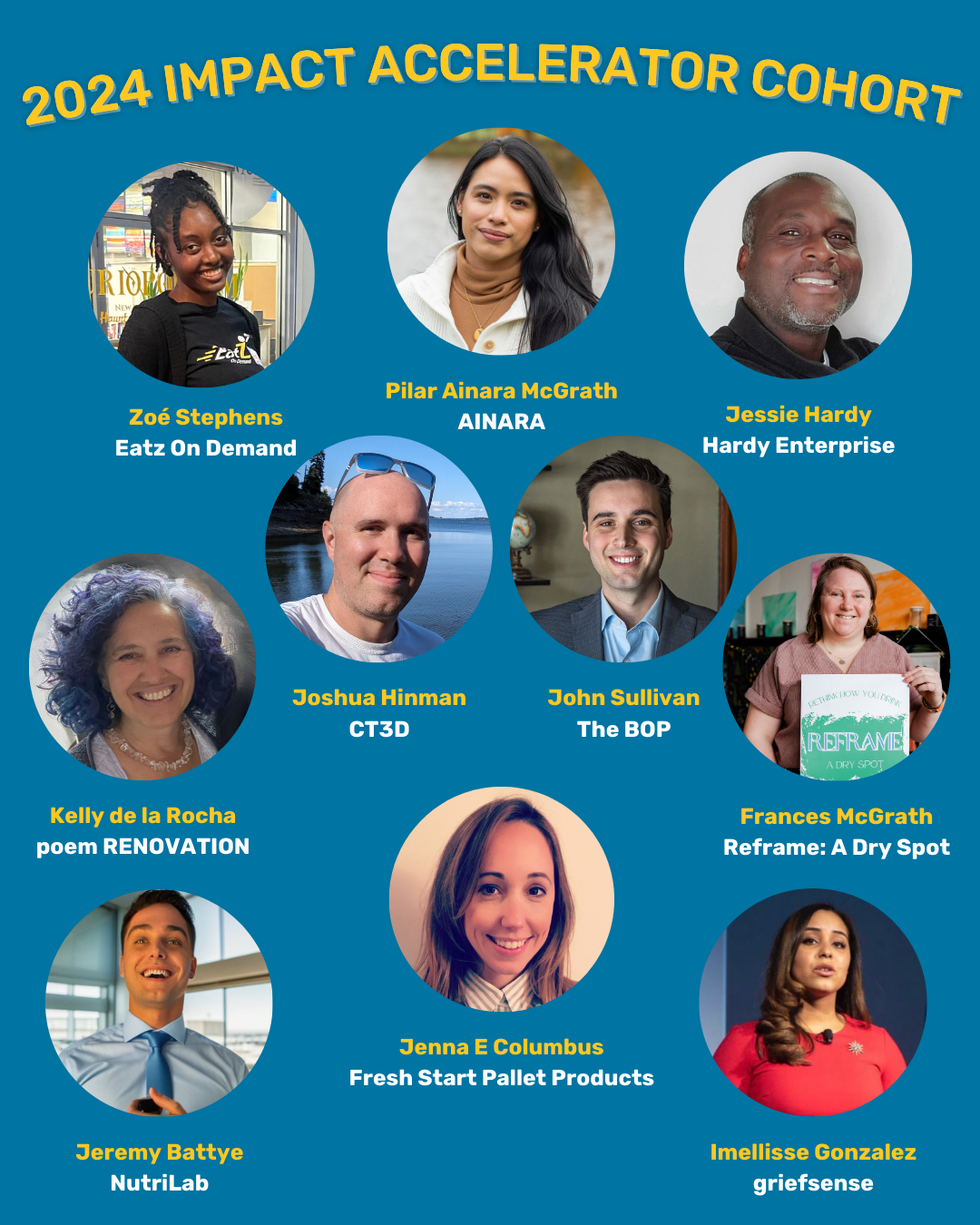When Mona Weiss and Scott Shields launched Eco Nuts, they didn’t realize that they were going to become part of a trend of starting socially responsible businesses. Weiss had been searching for a hypoallergenic, organic, eco-friendly laundry detergent and discovered something called soap nuts. Soap nuts are saponin-laden berries that grow in the Himalayas. She ordered a box online, but when it arrived, she was appalled to find the nuts in plastic containers rather than in an environmentally sound form of packaging. That’s when she decided to start her own soap nuts business.
Weiss and Shields had been on a mission to cut back on the use of plastics ever since Shields, an actor, had returned from shooting the Pirates of the Caribbean movies. (He played the role of Duncan the pirate.)
“He saw so much plastic debris floating in the sea and washing up on the beach. One time the crew even had to move to a new spot to avoid floating trash showing up in the scene,” Weiss explained to me.
Mona found a source for the nuts, developed eco-friendly packaging, and started selling her nuts online, at fairs and through retail outlets. From the time the company was founded in 2009, Eco Nuts was conceived to become a leader in environmentally responsible practices in the laundry detergent industry.
So far, Weiss and Shields are experiencing great success. In 2012, they were selected to pitch venture capitalists on ABC’s Shark Tank and wound up turning down a funding offer from one of the Sharks. That year, they were on track to make $250,000 and decided that reinvesting their own profits in organic growth was the better choice. This year, they expect to generate $1 million in revenue.
The Rise of Benefit Corporations
Eco Nuts is only one example of a social enterprise. James Woulfe, who is the public policy and impact investing specialist at reSET (the Social Enterprise Trust), told me, “No one defines social enterprise the same way.” He said the late Gregory Dees, a professor at Duke University’s Fuqua School of Business, first coined the term “social enterprise” as a “for-profit company that solves social and environmental issues.”
While a law student, Woulfe started as an intern at reSET, a nonprofit in Connecticut dedicated to nurturing and advocating for social entrepreneurship. While interning, Woulfe worked on developing legislation to allow companies to incorporate as benefit corporations in that state. He did a cross-country study to understand how other states defined benefit corporations and to see what similar legislation looked like. Maryland was the first state to establish benefit corporations as legal entities. Since then, 27 states have followed, with most of them using Maryland as a model. In addition to filing 10-Qs and 10-Ks, a benefit corporation also has to produce an annual benefits report detailing how it has had a social or environmental impact.
He also worked with B-Lab and the state bar association to determine the best way to draft the Connecticut legislation. B-Lab is a Pennsylvania-based nonprofit that certifies for-profit companies as B-Corporations, a designation that means the organization aims to create value for society. The legislation passed in Connecticut because it presented a market-based solution to solving social problems, Woulfe said.
The main reason companies want to become B-Corporations is to satisfy a consumer pain point, Woulfe told me. More and more people want to buy products that also produce a societal benefit. If two similar products are available and one is from a Benefit Corporation, the consumer may choose that one. Tom’s Shoes is a perfect example, as is Patagonia.
Social Enterprise on an International Scale
Businesses taking on social and environmental problems aren’t just appearing in the United States, nor solely in entrepreneurial ventures. Amir Dossal, who is the founder and chairman of the Global Partnerships Forum, said, “The U.S. defines social entrepreneurship, but other countries are doing it as well. The well-known Grameen Bank, which innovated microloans, is the most commonly discussed model.”
He also told me that large corporations, such as The Coca-Cola Co., are working to build self-reliant communities with local distribution networks. “They are looking not just at their bottom line also at societal benefits.” After the earthquake in Haiti, for instance, Coke helped local farmers regrow mangoes and bought the fruit, helping Haitians tap the international market and build a sustainable mango juice industry.
Dossal said more businesses have to be encouraged to be entrepreneurial and adopt the classic model of doing well by doing good. This approach can be a sustainable business model. He sees more young people with wealth wanting to invest in people and businesses to bring about positive social change. He is encountering more investors and business founders who want to help people stand on their own two feet and do so in a sustainable fashion.
“Young people are saying, ‘We need to do more for the planet,’” Dossal said.
Dossal’s own organization is asking, “How can we help others build partnerships and alliances to build positive social change?”
Organizations asking such questions will continue to encourage and nurture more social entrepreneurship. As the United Nations’ Millennium Development Goalsexpire at the end of 2015, the international community is engaged in creating a set of new goals and targets to address the imbalances in society and to help create a more prosperous and peaceful world. Entrepreneurship, especially social entrepreneurship, can play a key role creating a lasting positive impact.
